Can Babies Have Vaccinations With a Cold or Cough?

Immunisation is a pivotal milestone in a baby’s life, fortifying them against a host of potential illnesses. However, navigating through this crucial step can be complicated, especially when faced with the hurdle of illness. Parents must ensure their children are in optimal health to receive vaccinations. But can a baby have vaccinations with a cold? It’s a common question among parents, and the answer depends on various factors. Let’s delve deeper into this topic to understand the implications and considerations surrounding vaccinating a baby with a cold. Read on to learn all about the administration of vaccination when baby has a cold.
What Happens When a Child Falls Sick?
In general, when an adult or a baby falls sick, it is normally due to germs that enter the body. Antibodies are produced naturally by the immune system to fight these germs when such a thing happens. It is more of a natural response. The rate at which the body produces antibodies is different for everybody. The body is equipped when the antibodies have already been produced. Somewhere in the near future, if the person falls sick due to the same type of germ, the immune system uses the antibodies that were already present inside the body to fight the infection even before it has a chance to take effect in the body.
How Do Vaccinations Work?
Vaccination is almost similar to the process mentioned above. Injecting antibodies into the baby’s body through vaccines is vaccination. Here, there is no need to wait for the baby to fall sick and produce antibodies on his own. This way, without falling sick, the child becomes immune to the disease. The duration of the vaccine working in the body depends on the nature of that particular vaccine. On the bright side, there are a few vaccinations given to babies that will last their entire lifetime. You need to understand that not every vaccination is the same and some of them are more important than the rest.
The significance of the vaccine depends on the host of features. Factors like whether the vaccine is only against one disease and whether the disease for which the baby is taking a vaccination on is life-threatening has a role here. Another critical factor to look for is whether the vaccination should be taken at different intervals during the baby’s lifetime so that it provides lifetime protection against that specific disease. This type of lifetime application applies to diseases like typhoid, hepatitis, polio, and others. If such is the case, it is best to stick to the schedule of the vaccination process even if your child has a slight fever or a cough. When you are not going according to the schedule, in the long run, it might cause more harm to the child than good.
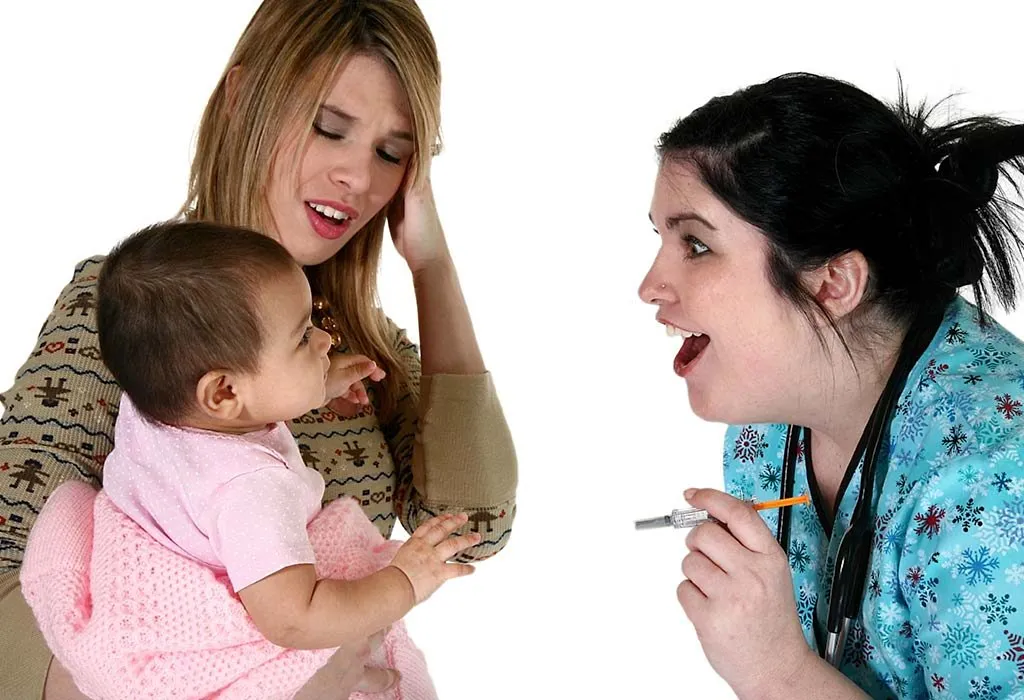
Why Should You Avoid Giving Immunisations to Your Sick Baby?
If your baby has been unwell or has a fever, it is better if you put off their immunisations until they get better. Although, you can administer vaccination if they have been slightly sick for a few days or have a slight cold or a cough without having a fever.
When there is an infection in the baby’s body, the immune system of the body reacts against the germs that cause the infection by producing a lot of antibodies. When the germs get into the baby’s body again, the antibodies of the immune system will get rid of it before it has a chance to cause problems.
The same process happens when the baby is immunised, and the best part is that they do not have to get ill for developing these antibodies. In some cases, they are long-lasting, and in the other cases, they last a lifetime.
This is why it is safe to ensure that immunisation does not happen at the same time as the immune system is fighting against another disease. If the baby has had a slight cold or a cough for a few days, then that means that the immune system has already got rid of the germs that caused the infection.
When Is It Fine for Your Baby to Have Vaccinations?
It is important to realise that very young children are often prone to short-term illnesses. These could range from a slight cough to cold. In many cases, it is not accompanied by fever and will not last long. So, the easiest way to ensure that if your baby should get vaccinated is by checking if they are healthy or sick from the morning on the day the vaccination is scheduled. In other cases, it is best if you put it off until the infection has been ceased and then you can go for the vaccination. Timing is critical. If the baby is not acutely ill, then you can go ahead with the vaccination. Talk to your doctor about the situation, to know whether there is a need to cancel the vaccination. Don’t forget that the sooner your child is vaccinated, the better it will be.
When to Seek Medical Advice
When it comes to vaccinating a baby with a cough or cold, it’s essential to know when to seek medical advice. While minor illnesses like a mild cold usually don’t interfere with vaccination schedules, certain circumstances warrant consulting a healthcare professional. If the baby has a fever, severe cough, breathing difficulties, or other concerning symptoms, it’s prudent to seek medical advice before proceeding with vaccinations. Additionally, if the baby is immunocompromised or has underlying health conditions, medical guidance becomes even more crucial to ensure their safety and well-being during the vaccination process.
FAQs
1. Can my baby receive vaccinations if they have a mild cold?
Generally, a mild cold without fever or severe symptoms shouldn’t hinder vaccination. However, it’s best to consult your pediatrician for personalized advice.
2. What if my baby has a cough but no other symptoms?
A cough alone might not be a cause for concern. In such cases, vaccinations can proceed as scheduled, but it’s wise to inform your healthcare provider.
3. Should I delay vaccinations if my baby has a fever along with a cold?
Fever indicates the body is fighting an infection. It’s advisable to postpone vaccinations until the fever subsides to avoid potential complications.
4. Are there specific vaccines that should be avoided during a baby’s cold or cough?
While most routine vaccinations are safe, certain live vaccines might be postponed in the presence of a significant illness. Your doctor can provide guidance on individual vaccines and their timing.
When the baby takes vaccinations for diseases like mumps, measles or rubella, it can cause mild reactions. So don’t panic if your baby feels ill for a few days after the shot. Don’t look for getting vaccinated before a trip or an important event.
This was all about getting baby vaccinated with a cold. Mild illnesses do not interfere with vaccinations, and they can receive vaccinations even if they are on antibiotics. It is best to consult with your physician if you are concerned about the situation and have your doubts.
References/Resources:
1. Immunisation – side effects; Victoria State Government: Better Health Channel; https://www.betterhealth.vic.gov.au/health/healthyliving/immunisation-side-effects
2. Vaccinations; Centers for Disease Control and Prevention; https://www.cdc.gov/breastfeeding/breastfeeding-special-circumstances/vaccinations-medications-drugs/vaccinations.html
3. Childhood vaccinations; SKAI; https://skai.org.au/childhood/your-vaccine-visit/after-your-visit
4. Vaccines at 4 Months; Centers for Disease Control and Prevention; https://www.cdc.gov/vaccines/parents/by-age/months-4.html
5. Immunization Reactions; Seattle Children’s Hospital; https://www.seattlechildrens.org/conditions/a-z/immunization-reactions/
6. Kilgore. PE, Salim. AM, Zervos. MJ, et al.; Pertussis: Microbiology, Disease, Treatment, and Prevention; American Society for Microbiology; https://journals.asm.org/doi/10.1128/cmr.00083-15; March 2016
7. Garg, N, Aggarwal. A; Advances Towards Painless Vaccination and Newer Modes of Vaccine Delivery (Indian Journal of Pediatrics); National Library of Medicine; https://www.ncbi.nlm.nih.gov/pmc/articles/PMC7090876/; June 2017
Also Read:
Immunization for Newborn
Pain after Vaccination in Infant
Side Effects of Vaccination in Babies
Was This Article Helpful?
Parenting is a huge responsibility, for you as a caregiver, but also for us as a parenting content platform. We understand that and take our responsibility of creating credible content seriously. FirstCry Parenting articles are written and published only after extensive research using factually sound references to deliver quality content that is accurate, validated by experts, and completely reliable. To understand how we go about creating content that is credible, read our editorial policy here.







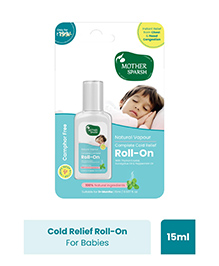
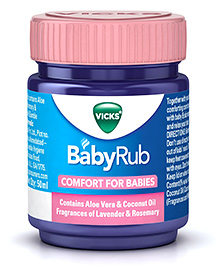

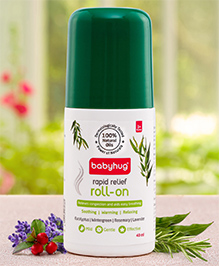
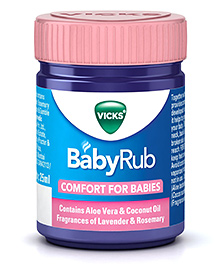
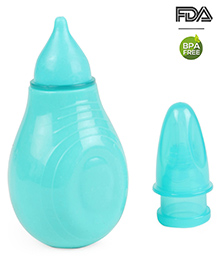
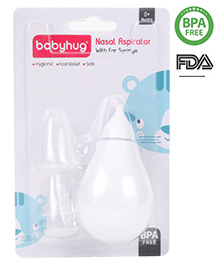
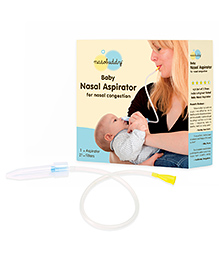
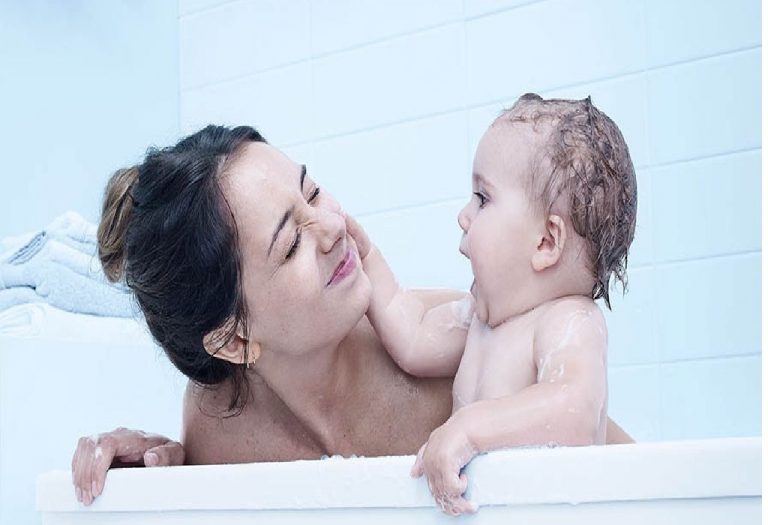

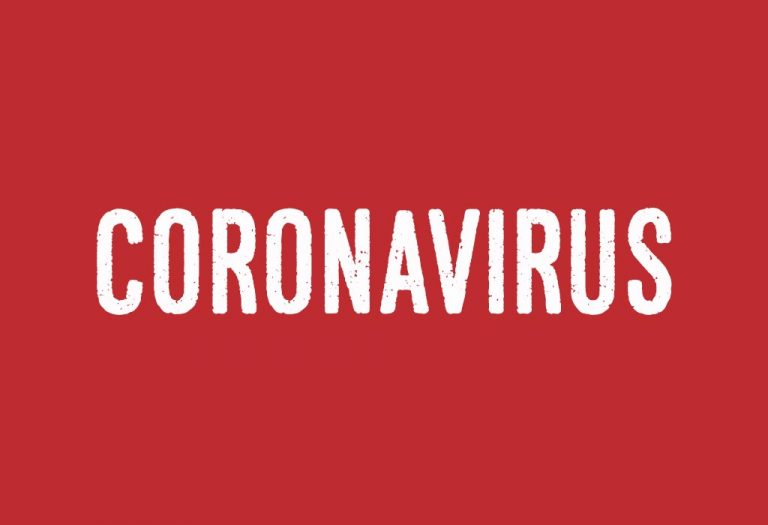

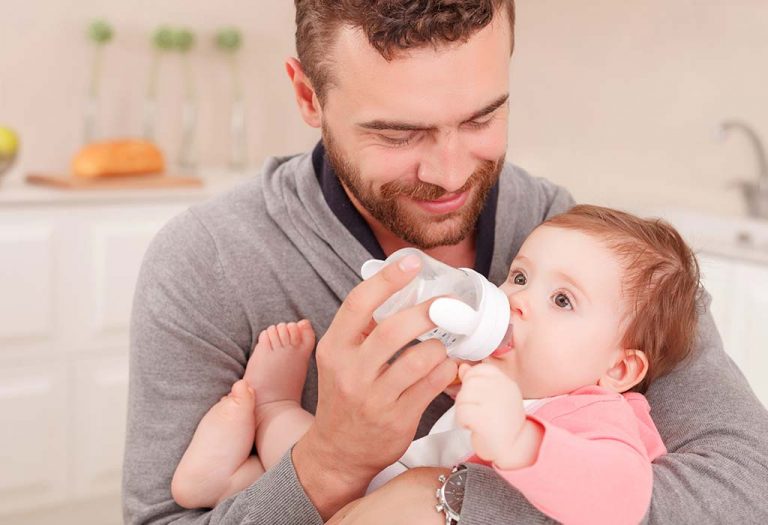
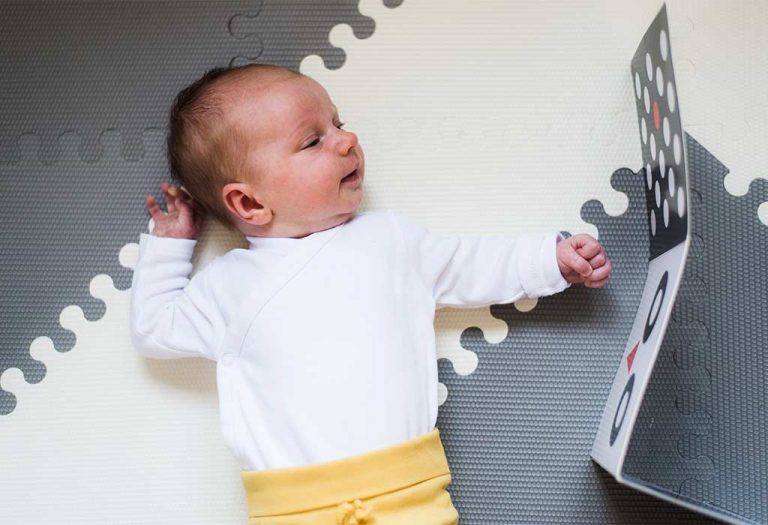

.svg)


















